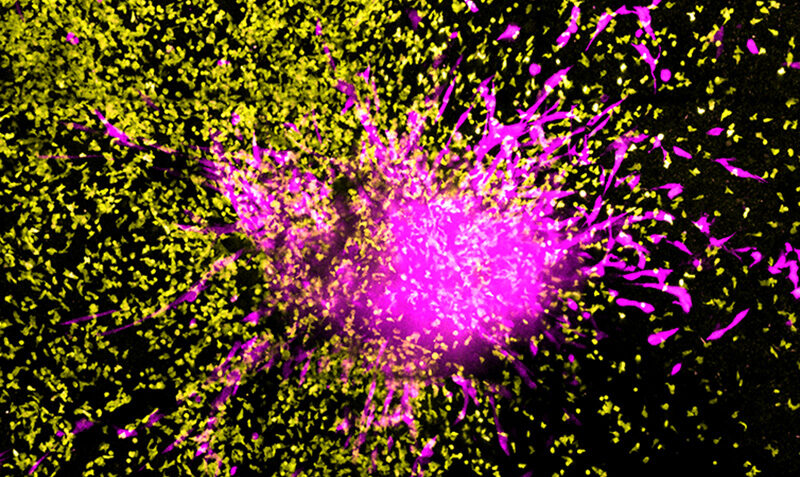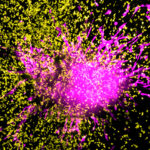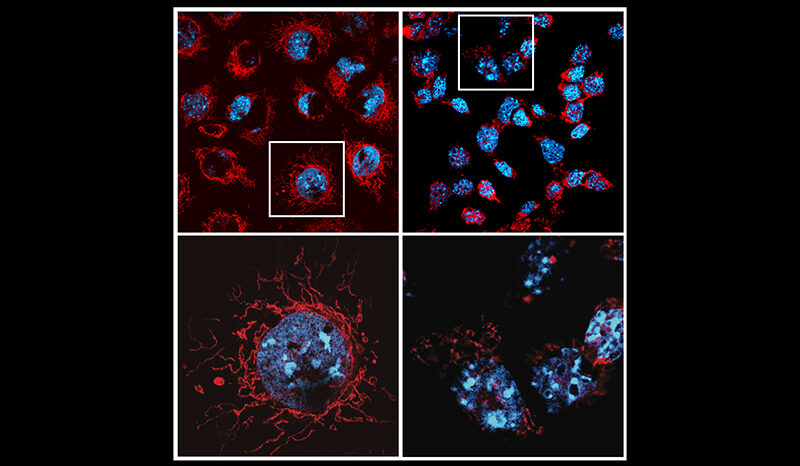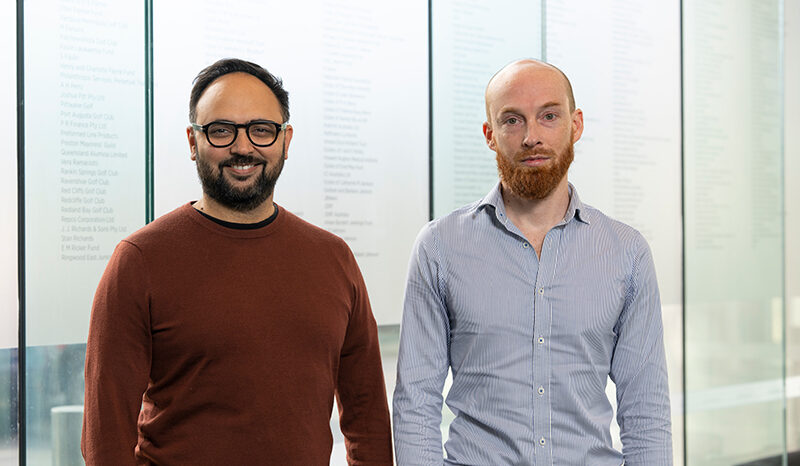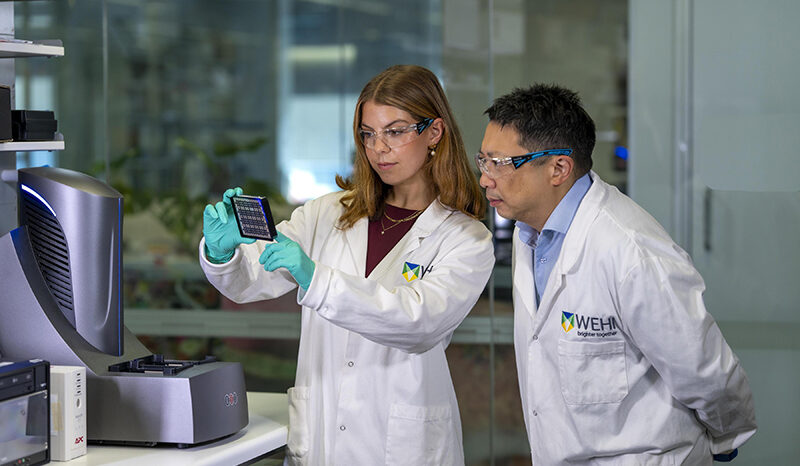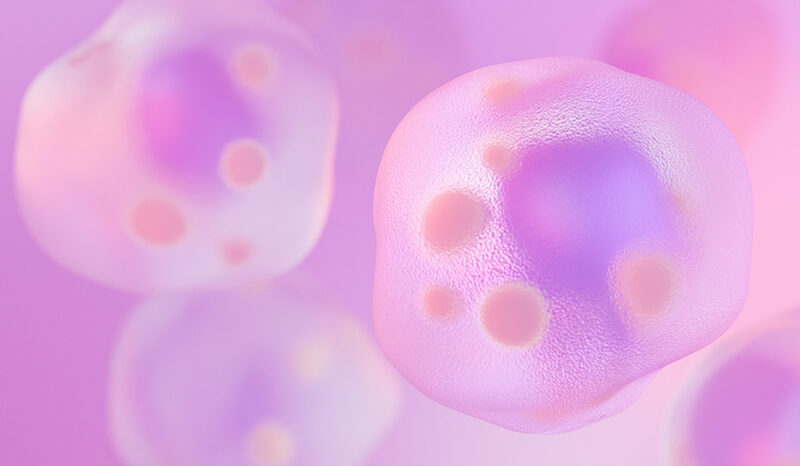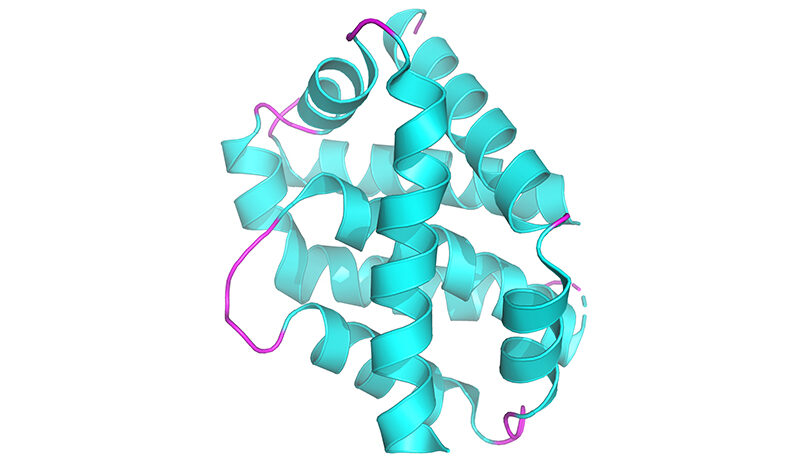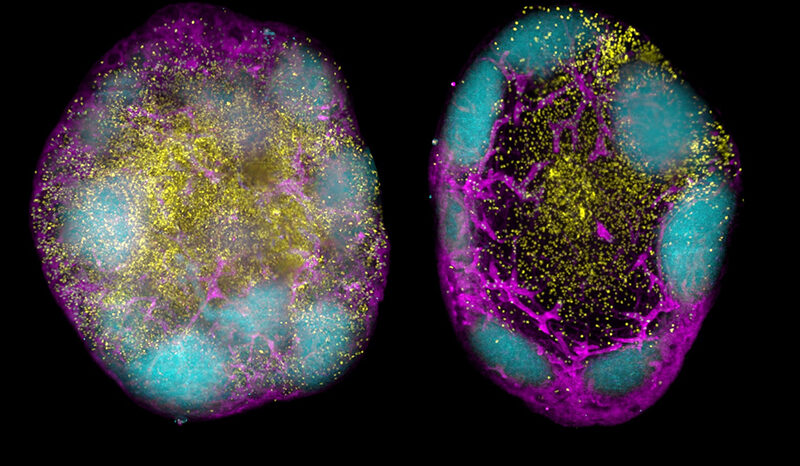Overcoming barriers to save lives
In Australia, one person is diagnosed with brain cancer every 5 hours. There currently is no cure and current therapies for severe brain cancers like gliomas are largely ineffective, leaving patients with few options.
CAR T cell therapy is an innovative new approach that involves isolating a patient’s immune cells, engineering them to become “super killer cells” and then re-infusing them into the patient to fight their cancer.
While CAR T cell therapy has shown promise for brain cancer treatment, finding the right proteins to target on brain cancer cells has been a major hurdle.
The WEHI-led study has revealed a protein called EphA3, found on the surface of high-grade glioma cells, could be a key target for CAR T cell therapy.
Lead researcher and laboratory head at WEHI, Professor Misty Jenkins AO, says the potential impact of this discovery is profound on many levels.
“This new way to treat gliomas could offer a potential lifeline for patients,” Prof Jenkins, also head of the immunotherapy program at The Brain Cancer Centre, said.
“Our research has shown that EphA3-targeted CAR T cells can effectively seek out and eliminate glioma cells, both in lab tests and animal models.
“This therapy not only targeted and killed the cancer cells, but also triggered a long-lasting immune response, preventing future tumour growth.
“We never expected a two-in-one breakthrough that could offer such life-saving possibilities.
“This is a significant development because gliomas are incredibly challenging to treat, and current options are limited.
“Most importantly, this could mean longer survival times for patients and improved quality of life, giving hope to those affected by these aggressive cancers.”



![WEHI authors of the study, including [pictured L to R]: research assistant Melinda Iliopoulos, CAR T cell researcher Dr Ryan Cross, PhD student Leesa Lertsumitkul, laboratory head Professor Misty Jenkins AO, immunotherapy researcher Dr Alex Davenport, paediatric oncologist Dr Stacie Wang. Credit: WEHI](https://www.wehi.edu.au/wp-content/uploads/2024/08/braqin-cancer-group-800-494-800x477.jpg)
